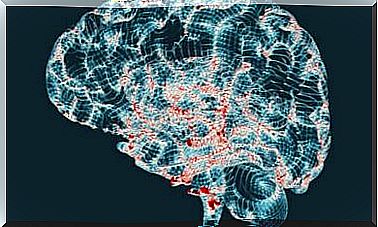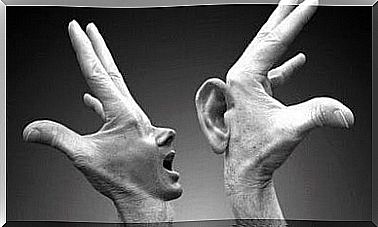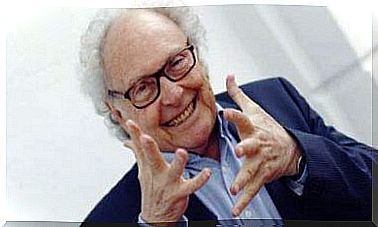The Hawthorne Effect: We Change When People Look At Us
The change in people when they know someone is watching them is called the Hawthorne effect. People started talking about this after a 1955 study by Henry A. Landsberger. Landsberger analyzed experiments conducted by Elton Maya in 1924 and 1932 at a factory called Hawthorne Works.
With his experiments, Mayo wanted to find out whether there were changes in the productivity of the workers as a result of a change in lighting. He eventually came to the conclusion that the lighting had no effect on how effectively the workers worked as long as it was above a certain level.
Still, he noted an increase in productivity among some workers. But it had nothing to do with the light. It was just that people who thought they were being observed became more productive. Efficiency increased automatically when employees noticed they were being watched all the time.
Mayo’s first conclusion was that the employees felt special because they were selected for this study. He thought this made them work more efficiently. The other factors like light, ventilation and infrastructure didn’t even have the slightest effect on them. He named this effect the Hawthorne effect.
Employees’ opinions on the Hawthorne effect
To check the existence of the Hawthorne effect, the researchers interviewed the employees. They wanted to find out directly what factor or factors the employees believed had caused the increase in their productivity. What the employees said came as a real surprise to those who conducted the study.
According to the employees, the decisive factor that made them more efficient was a visible improvement in the relationships between them. Without realizing it, it turned out that the researchers had improved the work atmosphere by letting the employees participate in the experiment.
Because of these results, a new branch of psychology emerged: organizational psychology. They assumed that human relations were an element that played a decisive role in productivity. But the original question remained unanswered. Why did the subjects change just because they were observed?
The Hawthorne Effect in Today’s World
People have done other studies on this topic since the first attempt. But so far no research has provided a completely conclusive answer. Yet people accept the existence of the Hawthorne effect as a positive response to being watched during an experiment.
The effect is especially positive when the assignment we are dealing with is not very complicated. Otherwise, the ‘observation effect’ can be very counterproductive to the employee’s effectiveness.

It turns out that people imagine what the researchers expect from them. They don’t see the point in acting in a normal way or how they act in their everyday routine. Because they think they need to improve their behavior to the level that the researchers would like to see. In other words, they adapt their behavior to what they think it should be.
Of course, this does not only apply to experiments conducted in work environments. Because we can also extend it to all experiments with human beings. The Hawthorne effect thus introduces an effect caused by the research itself and which every researcher must take into account.
Other aspects of the Hawthorne effect
The Hawthorne effect is considered a factor that is especially problematic in medical research. When patients know they are being observed, some of them will say they feel an improvement, although the tests show otherwise. Objective clinical results prove this. The patient says he is doing better. But the medical tests show that there is no change whatsoever.
The Hawthorne effect or the improvement in behavior doesn’t just happen when a person knows someone is watching them. It also happens in other circumstances, such as the following:
- there is a new situation that changes someone’s routine.
- people feel that they are part of an artificial situation, for example when they are in a laboratory.
- the experiment goes on for a while and then the researchers make a change.
- people think they are in a situation where they can get something out of it if they perform better.
- there are new factors that shake their sense of boredom.
However, many people have expressed doubts about how accurate our information about the Hawthorne effect really is. It’s a concept that people are still exploring. Because many questions remain.
But it is a very interesting psychological phenomenon. We can use it to improve people’s performance in different situations. And as we’ve mentioned, this is especially true when people perform simple repetitive commands.









